Market Analysis
In-depth Analysis of Iron Ore Market Industry Landscape
A wide range of market factors interact to shape the supply, demand, and pricing trends of the iron ore market. Comprehending these variables is crucial for interested parties to effectively maneuver through the intricacies of the iron ore sector. Worldwide Steel Production: Steel manufacturing worldwide is the main factor driving the demand for iron ore. Because steel is an essential component of infrastructure, construction, and manufacturing, changes in the demand for steel have a direct effect on the demand for iron ore. The Influence of China: Being the biggest producer of steel globally, China has a big say in how the iron ore market is shaped. Global iron ore prices are significantly impacted by changes in China's economic growth, steel consumption trends, and environmental regulations. Supply from Major Producers: Large iron ore-producing nations like Australia and Brazil have a significant impact on the market dynamics. The world's supply of iron ore may be impacted by any production disruptions, whether brought on by weather, geopolitical concerns, or other reasons. Infrastructure for Transportation: The iron ore market depends on an effective infrastructure for transportation. Pricing and supply dynamics may be impacted by the cost and dependability of transporting iron ore from production locations to end customers. Technological Developments in Steelmaking: The demand for iron ore may be impacted by advancements in steelmaking technologies. The conventional need for iron ore may change, for instance, if steel production uses more electric arc furnaces or alternative materials. Environmental Regulations: The iron ore industry is increasingly being influenced by environmental factors, such as sustainability programs and emission regulations. Businesses in the industry are putting more of an emphasis on ecologically responsible mining and processing techniques. Currency Exchange Rates: The price of iron ore is affected by currency exchange rates because it is a commodity that is traded internationally. Changes in exchange rates can have an effect on the dynamics of international trade as well as the competitiveness of countries that produce iron ore.


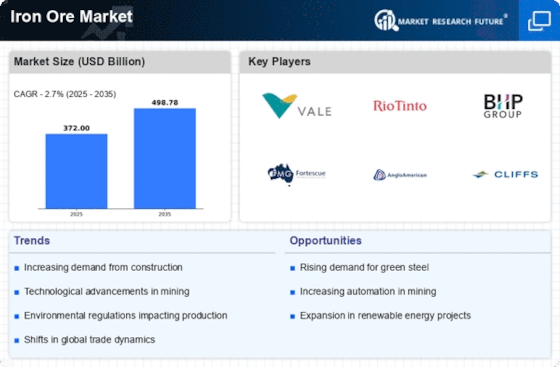
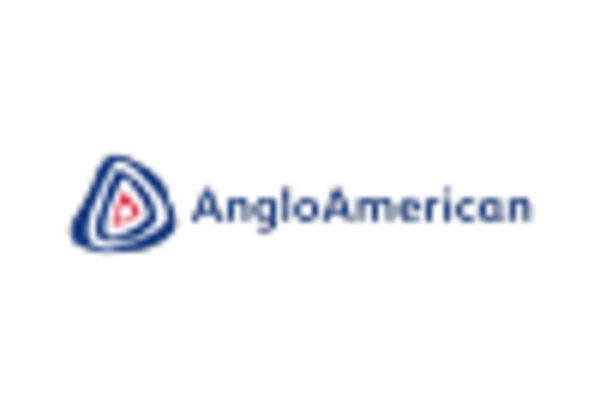
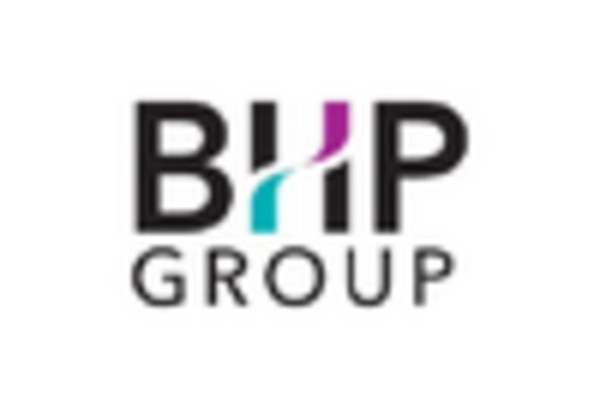
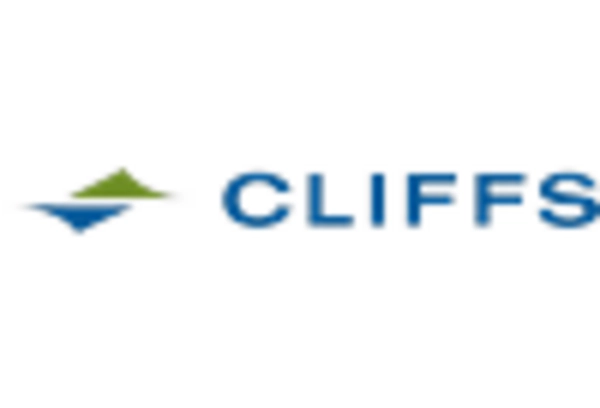
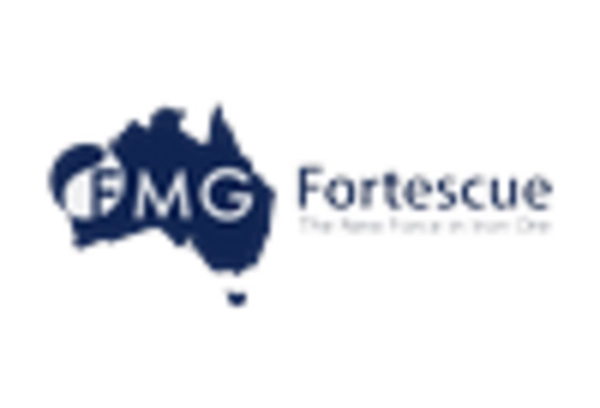
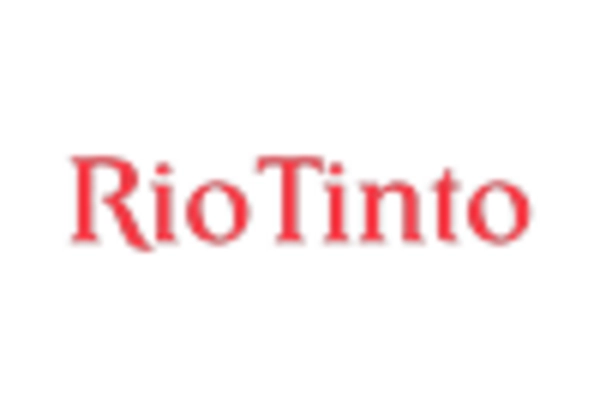
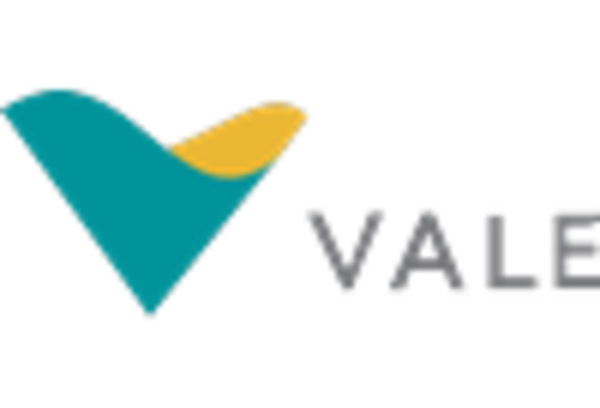









Leave a Comment